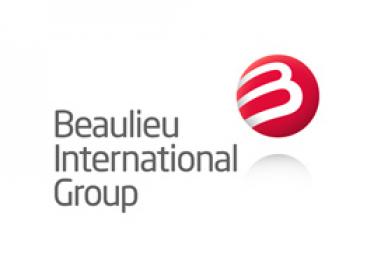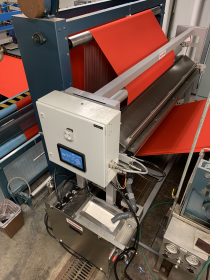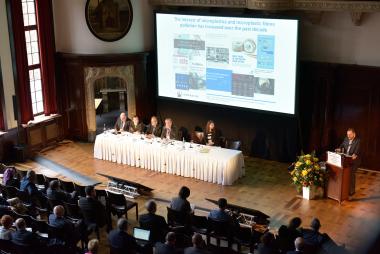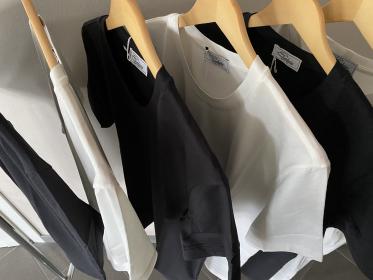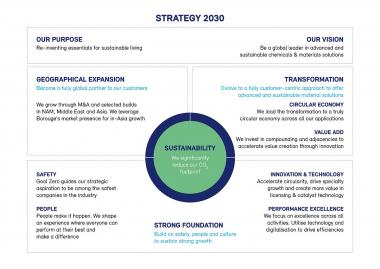First comprehensive sustainable chemistry index for the textile industry
- Bluesign announces partnership with SCTI
Bluesign has teamed up with Sustainable Chemistry for the Textile Industry (SCTITM) to develop a sustainable chemistry index that shall provide a standard communication guide for chemical suppliers, manufacturers, brands, and NGOs.
The first-of-its-kind index is intended to inspire change in the industry by making it easier for stakeholders to assess the sustainability of textile chemical products against the highest standards while safeguarding the intellectual property (IP) of participating chemical companies. IP protection is critical to ensuring ongoing investment in sustainable solutions.
Chemical products, such as dyes and textile auxiliaries, are often characterized with the attribute of “free of a certain substance”. Rather than prioritizing ingredients only, the bluesign® SYSTEM already goes beyond this. The chemicals and the production site where they were created must meet certain criteria regarding environmental performance, occupational health and safety, and product stewardship performance to be bluesign® APPROVED.
The sustainable chemistry index will be reserved for substances that offer transparency on a number of additional indicators including the chemical’s circularity viability, greenhouse gas emissions during production, and the source of the raw materials. The sustainable chemistry index will also require that the downstream use of the chemical is optimized, meaning, for example, that it promotes resource saving in textile finishing. Additionally, excellent corporate governance paired with well-defined environmental and social (ESG) goals will be a pre-condition.
SCTITM is an alliance of leading chemical companies that strives to empower the textile and leather industries to apply sustainable, state-of-the-art chemistry solutions that protect factory workers, local communities, consumers and the environment.
Bluesign will implement and manage the sustainable chemistry index as an independent authority with a holistic approach to helping companies throughout the textile supply chain improve their sustainability performance.
CHT















